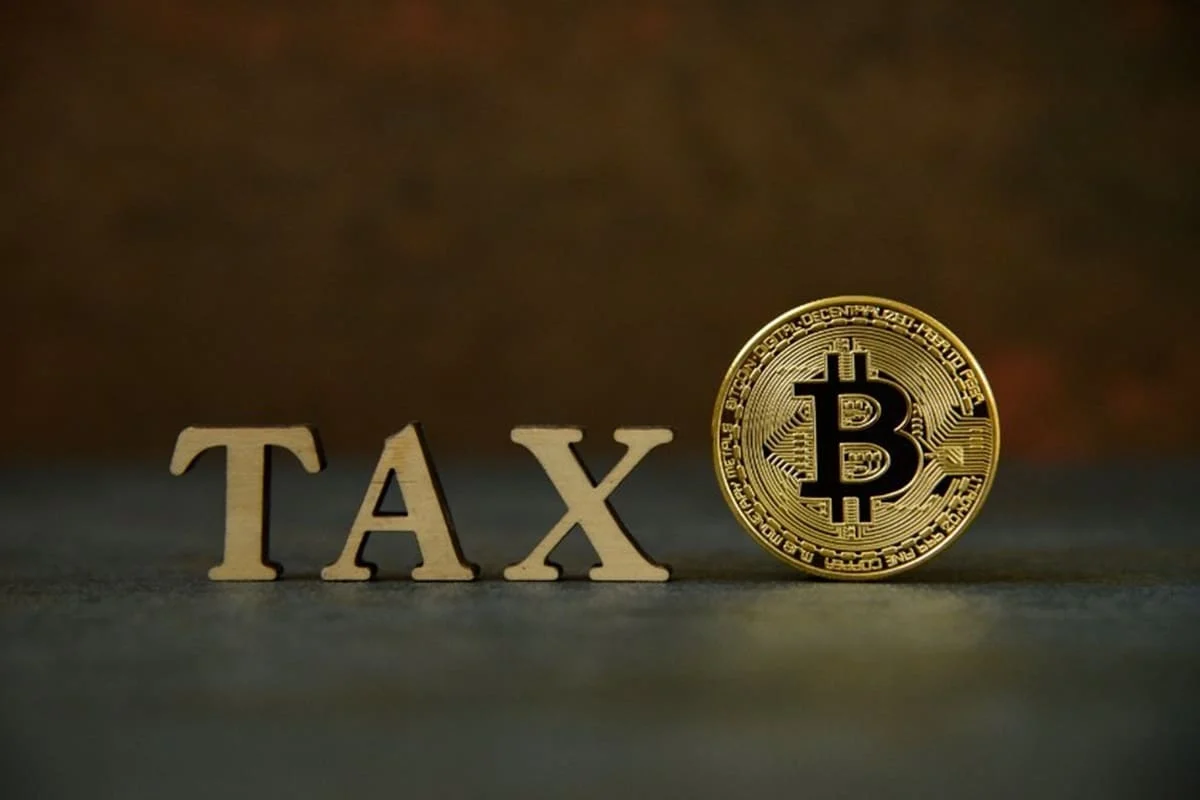Physical Address
60 Ekwema Cres, Layout 460281, Imo
Physical Address
60 Ekwema Cres, Layout 460281, Imo

Beginning January 2026, Nigeria will introduce new tax rules that affect how crypto holders and traders will be taxed. These changes mark a major shift in the country’s approach to digital assets, bringing crypto trading and holding fully under the tax system. Here is an easy-to-understand guide on how crypto holders and traders will be taxed come January 2026.
Starting from January 1, 2026, all residents in Nigeria, whether they are citizens or have lived in Nigeria for six months or more, will be taxed on their global gains from digital assets. This means if holders have crypto investments anywhere in the world, the profits they make will count for Nigerian tax purposes. Non-residents, on the other hand, will pay tax only on profits from crypto transactions linked to Nigeria, such as trades done on Nigerian crypto platforms or digital assets tied to Nigerian infrastructure.
Read Next: Canal+ Will Sell MultiChoice’s Local Content to Global Audiences
Under the new tax laws, simply holding crypto does not trigger tax. Tax will apply only when a person disposes of the digital assets, which means:
The gain to be taxed is the difference between the sale price and what was originally paid for the crypto, including any fees.
Importantly, losses from trading digital assets will now be deductible, but only against gains from other digital asset trades. This is a change from the previous system where losses were mostly ignored for tax deduction purposes.

The old flat 10% Capital Gains Tax on crypto gains is replaced by a progressive income tax system. This means:
Crypto exchanges and Virtual Asset Service Providers (VASPs) have new heavy responsibilities:
Failure to comply can result in hefty fines (starting at ₦10 million and ₦1 million per month thereafter) and possible license revocation.
The government plans to use blockchain analytics tools, exchange reports, and cooperation between agencies to ensure compliance. The International Monetary Fund (IMF) has advised Nigeria to block informal channels used to evade capital flow rules, which supports stricter monitoring.
Tax experts like Taiwo Oyedele explain that under the new system, individuals will pay income tax on net gains, profits minus losses, making it fairer, especially to smaller traders. Self-declaration and exchange reporting will both play roles in enforcement.
Besides trading gains, other crypto-related activities are taxable:
The tax laws broadly define “digital or virtual assets” to include cryptocurrencies, tokens, NFTs, and similar digital items.
Nigeria’s crypto market has grown explosively, with billions in trades often outside formal banking channels since the 2021 Central Bank ban. The new laws under the Nigeria Tax Act 2025 and Investments and Securities Act 2025 legally classify digital assets as taxable securities, bringing clarity and structure. These laws ensure crypto is no longer tax avoided or ignored but officially mainstreamed.
Read Next: Meta and NDPC Agree to Settle Their $32.8 Million Data Privacy Dispute Out of Court
In summary, from January 2026, crypto holders and traders will be taxed based on their gains from trading or disposing of digital assets in Nigeria or globally if they are residents. Progressive tax rates up to 25% will apply with exemptions for small traders, and businesses will pay corporate taxes. Exchanges must report transactions or face fines and license risks. This new framework means Nigerians involved in crypto should prepare carefully, keep good records, and expect increased government oversight on digital asset activities.
This is how crypto holders and traders will be taxed come January 2026 in Nigeria, a landmark move that brings the crypto market into the formal tax system for the first time.
Was this information useful? Drop a nice comment below. You can also check out other useful contents by following us on X/Twitter @siliconafritech, Instagram @Siliconafricatech, or Facebook @SiliconAfrica.